11 Big Mistakes to Avoid When Building a New Home
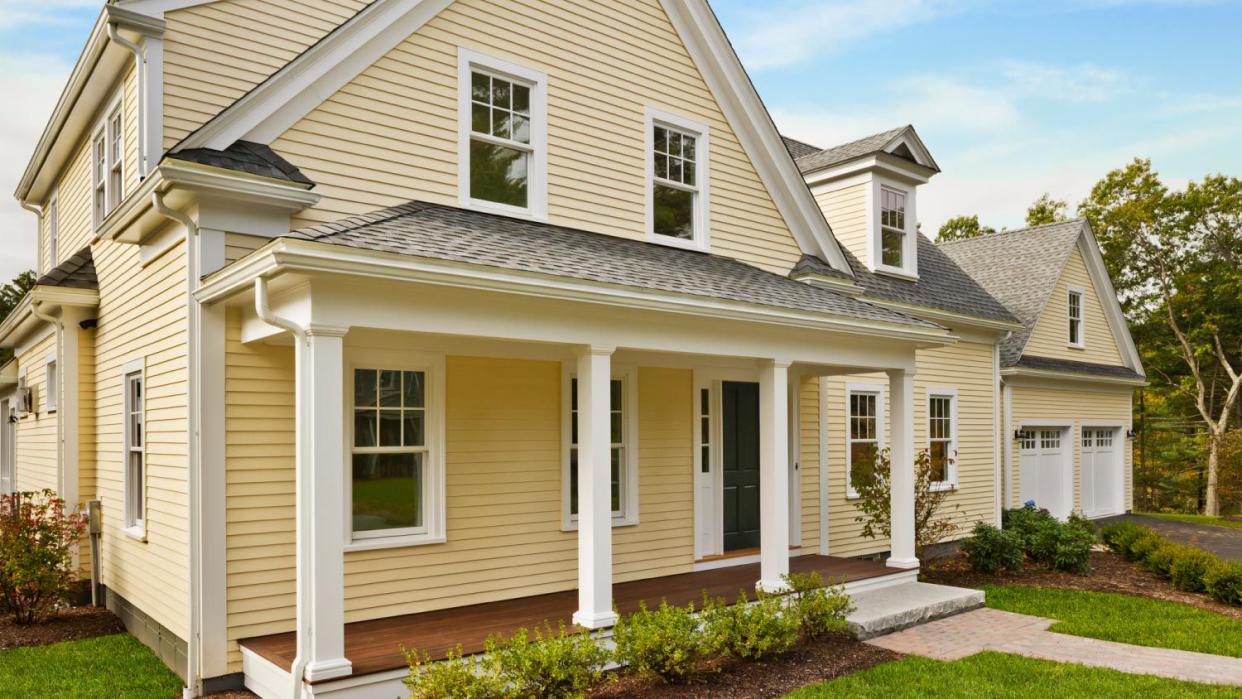
This article originally appeared on Angi and is syndicated by Cheapism.
If you’ve daydreamed about your perfect house since you were in elementary school, building a new home is probably a challenge you cannot wait to take on. Of course, there are paint colors to choose and rooms to fill with furniture, but there are also builders and contractors to research and warranty details to decipher. So take some advice early and avoid these common mistakes first-timers make when building a new home from scratch.
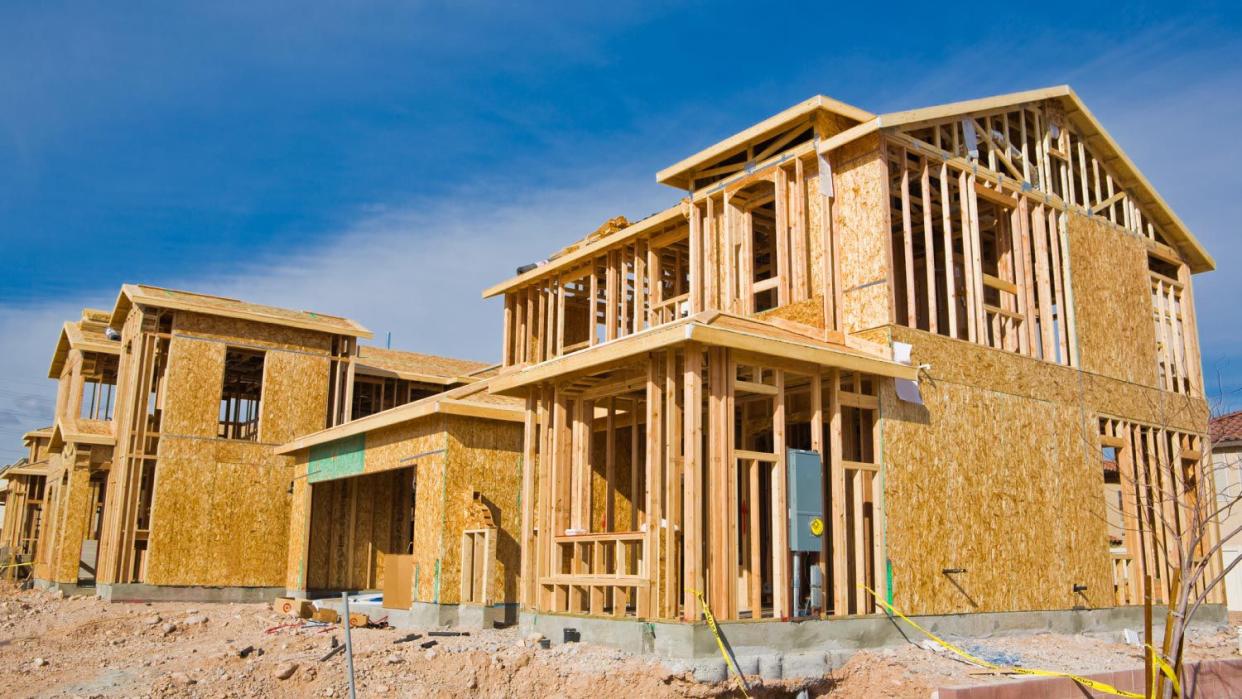
You’re going to spend a lot of time vetting home builders, architects, general contractors, and interior designers, and for a good reason—you have a lot of money and personal investment at stake.
The research takes time but waiting to have a dream team work together ultimately saves you money and heartache in the future. There’s a chance some of your professionals have worked together before, which helps the design-build process move faster and more efficiently.
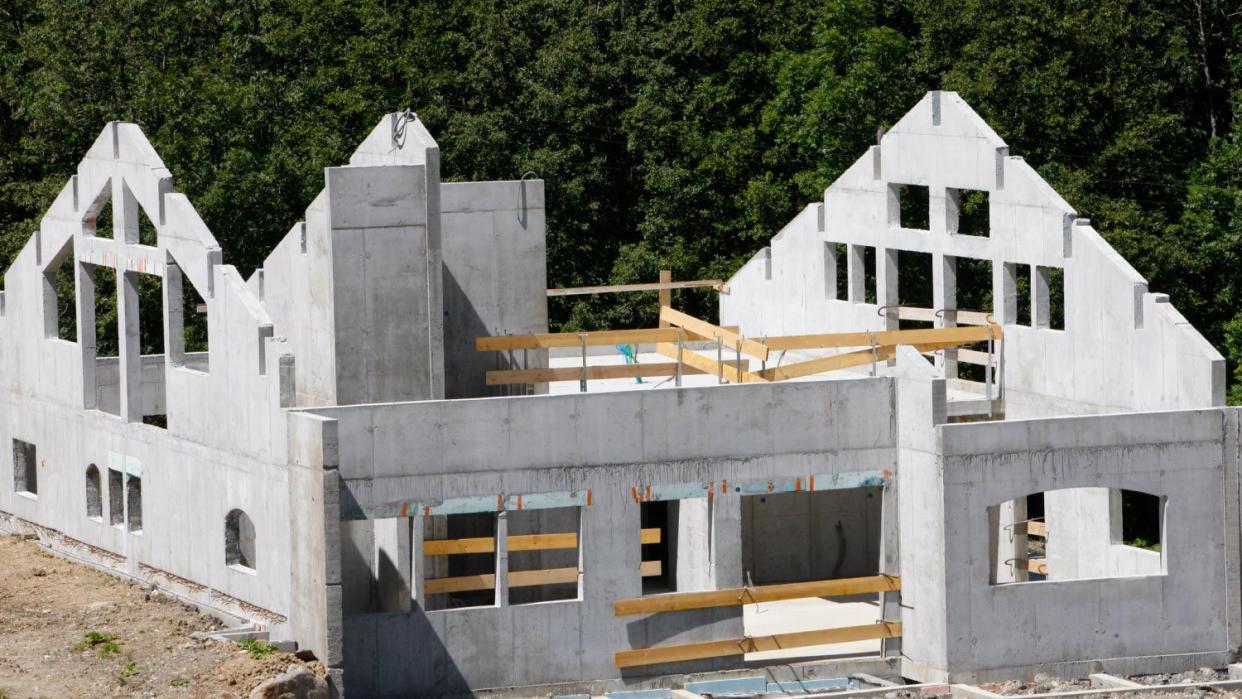
One of the biggest mistakes you can make is choosing the wrong builder. Go slow and research builders that can bring your visions of a fairytale turret or wraparound porch into reality.
Talk to other homeowners who have used home builders in your area, read online reviews, check references, and scour their portfolios to see if their style matches yours. Plan for a few in-person drivebys of completed projects for more perspective.

The lot’s location is part of your overall cost of building a house, but it’s not a place where you should try to save money. Keeping in mind that old saying, “you get what you pay for” is a good idea because the location is everything in real estate.
“Not every lot for sale is the perfect lot,” says Bob Tschudi, Angi Expert Review Board member and general contractor in Raleigh, N.C. “Know that if a perfect lot was available, a professional builder would have snapped it up before it was listed. Make sure that the land that you are buying is buildable—you need to have an electric supply, a water supply and an approved way to remove waste water, whether it’s a municipal sewer system or an approved field septic system. Without both, you just can’t build a house.”
Do the research when building a new house and check out crime stats, traffic patterns, school choices, and any other potential future resale killers like:
Busy streets
Airport traffic
Train tracks
Flood plain
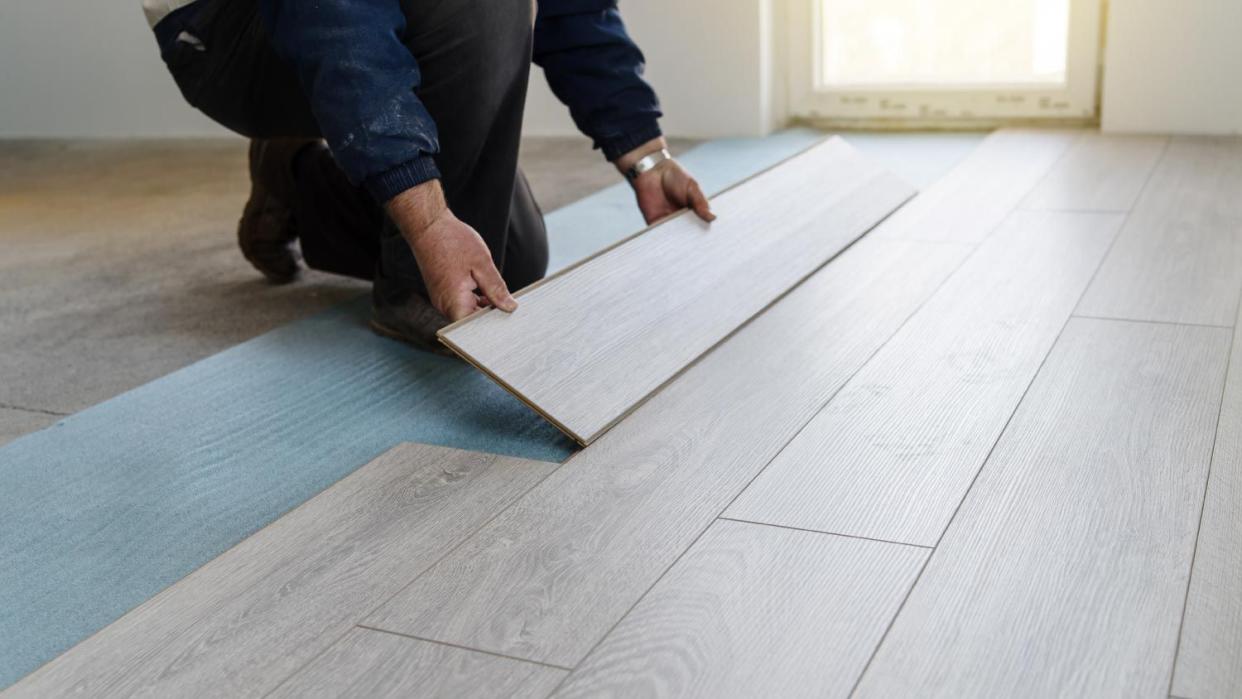
It’s tempting, but don’t try to learn how to run a construction site on the fly. When you’re building your forever/dream/investment home, you need help from the pros. It's not the time to try your hand at construction management.
Think of a general contractor as the coach of a team. Their job is to gather bids, connect with all subcontractors and make sure all the work is done correctly, within your budget, and on schedule. They also have connections in the industry and maintain solid relationships with local subcontractors (plumbers, electricians, etc.).
Don’t worry, Type As; there are hundreds of home-building decisions ahead. You’ll have plenty of chances to direct the progress of the construction.
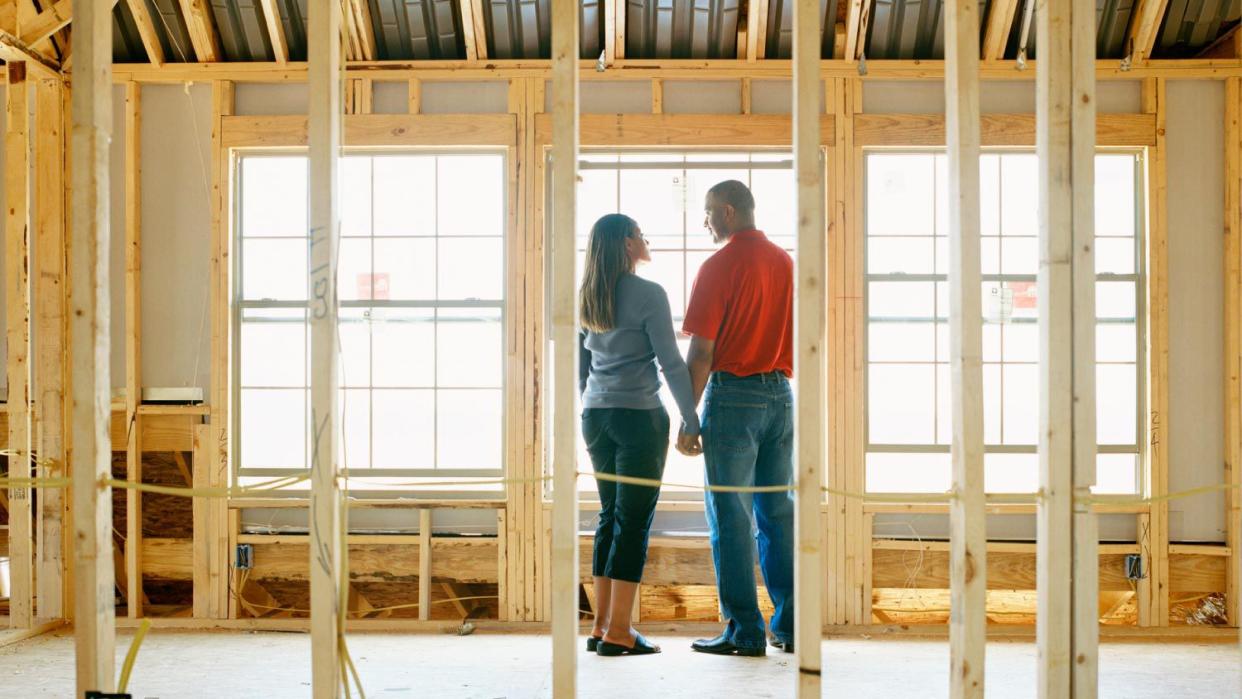
If you’re willing to build a home from the ground up, it's likely because you plan to stay for a while, if not forever. Take into consideration what your life looks like years ahead. Will you retire in the house? Are you prepared to climb three sets of stairs late in your life? The features you love today might not work in the future.
You should also think about your investment in decorative finishes like the best countertop materials, custom stonework, and wood floors. How long will their appeal last? And, will the quality stand up to the test of time?
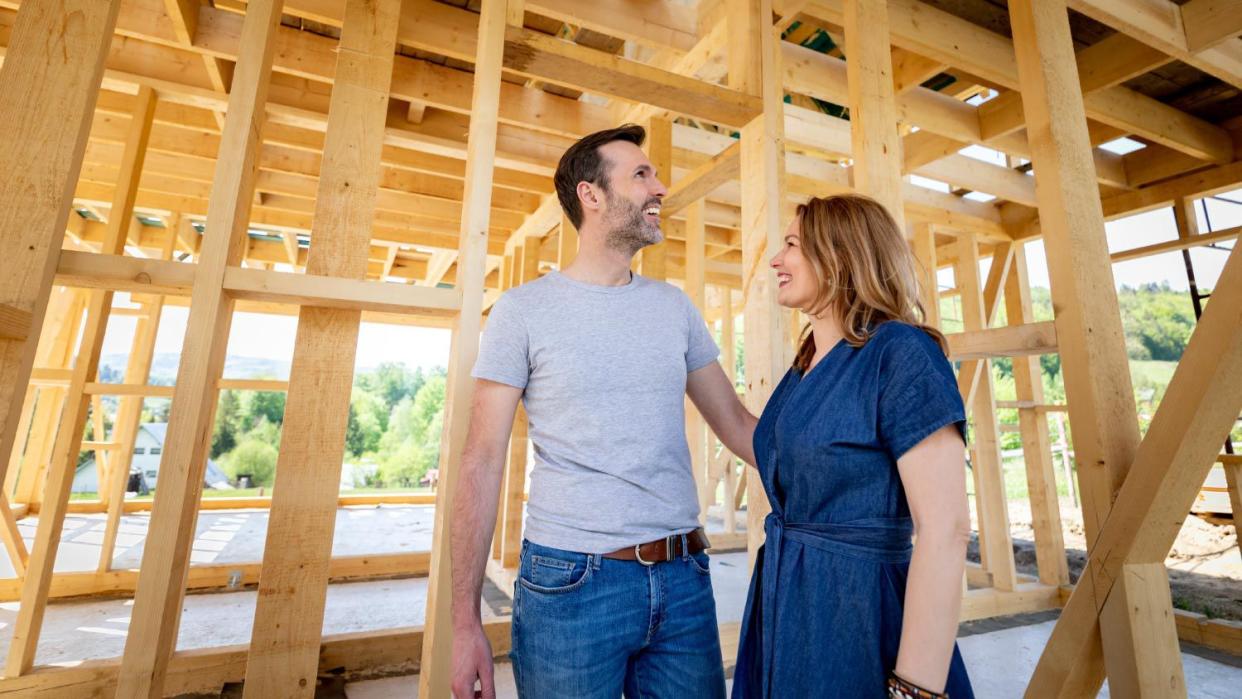
During the building process for your new house, you’ll need a calm and cool approach to handling the inevitable challenges, but don’t let your level-headedness turn into a laid-back or hands-off attitude. Familiarize yourself with at least the basics of the home’s design and the general timeline of the project. Your final walk-through definitely shouldn’t be the first time you see your house.
Take many trips to the site, ask questions, dig into the whys and hows of the whole process. Plan to at least see the progress after the house is surveyed and staked, after framing, and during mechanical installation. Mistakes are much easier to fix during these phases than after the drywall goes up.
Stay in touch with your general contractor to talk about any changes or worries you might have. Stress the importance of your requests, whether it's about soundproofing insulation or energy-efficient windows. If it's important to you, it should be important to your team.
Read the fine details of the contracts and insurance policies; you might need a lawyer to help you review the terms. Know the deliverable dates, estimated costs, and the contingencies if the original plans change because they probably will.
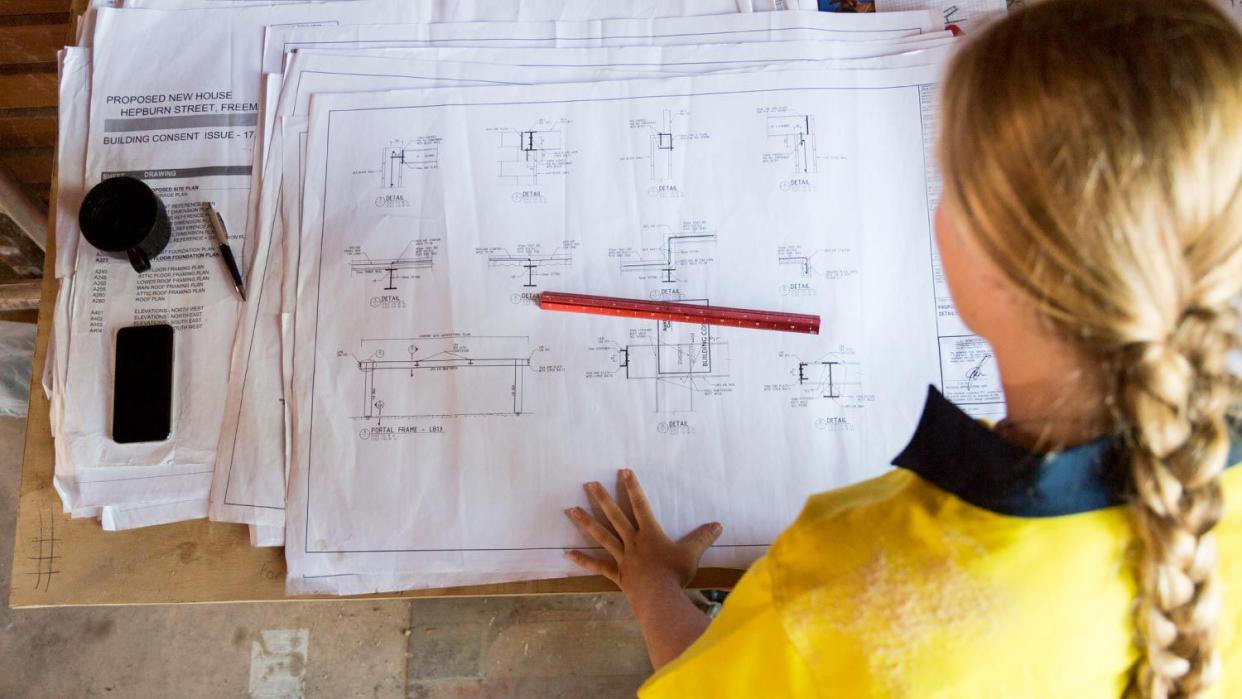
It's hard not to get excited about move-in day as you watch the weeks pass. But new construction is notoriously unpredictable. You should expect delays for all kinds of reasons like bad weather, out-of-stock materials, and local government red tape. Work with your contractor to build a schedule that adds extra days to realistically reflect an on-time finish.
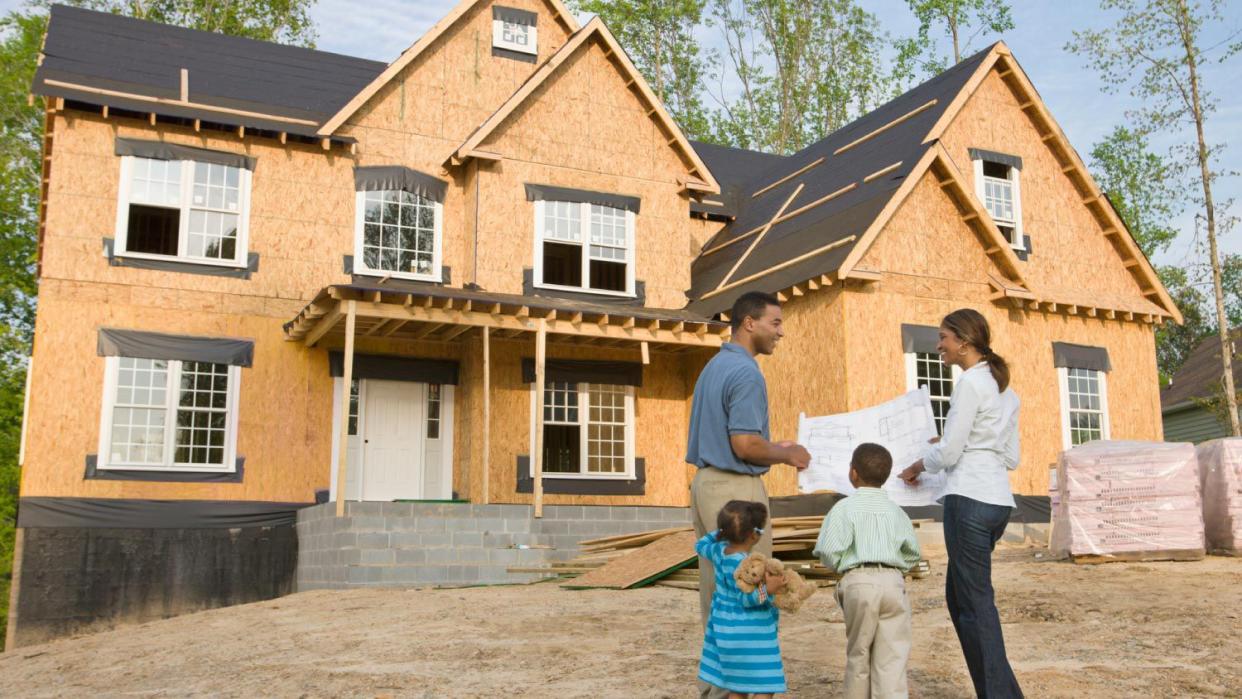
It sounds like a wish come true: a builder who can build your dream home for $30,000 cheaper and two months faster than the other bids. But, how? A builder may lowball an offer for a signed contract but later tack on expenses as the project goes on.
If one bid looks exceptionally lower than the others, there’s a reason, and it's up to you to dig in and find out why.
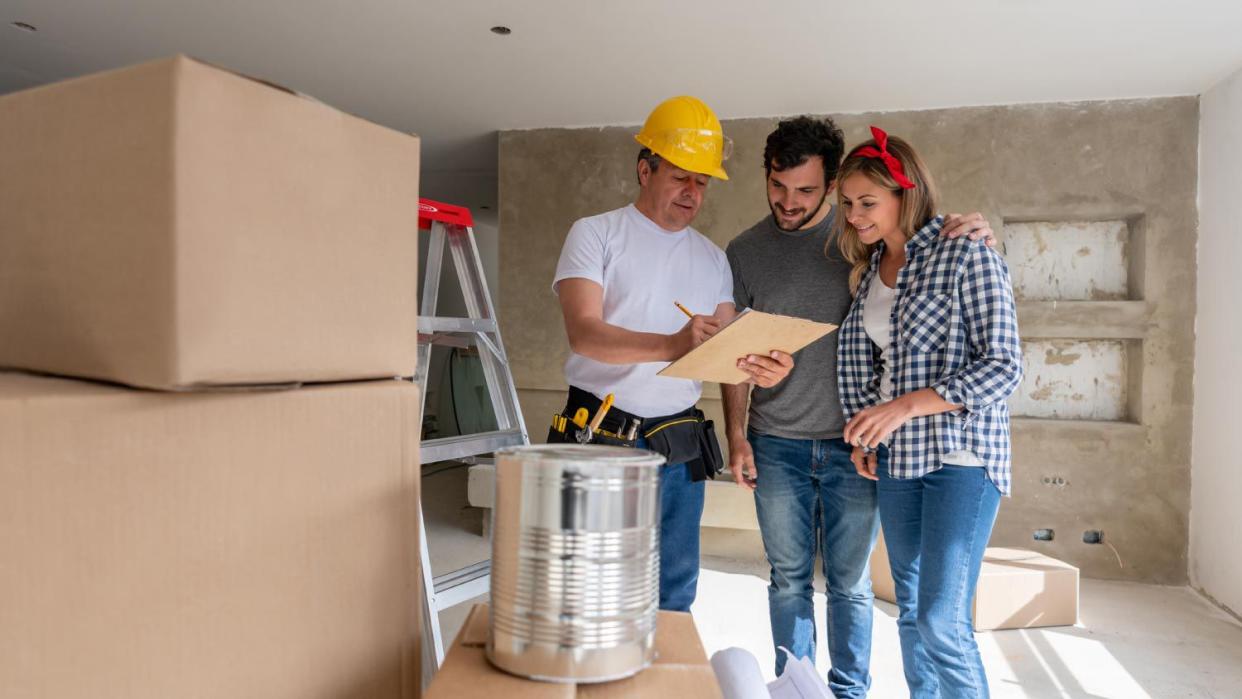
Thanks to home building shows and scenes with homeowners and builders lamenting unexpected expenses, you now know no bid is 100% accurate. A buffer for additional costs is a normal part of the overall costs of building a home.
Most builders recommended planning for a minimum of a 10% overage, but you’re better off planning 20% more than the original cost. Look at it this way; there’s more money for new furniture if you don’t use the entire buffer.
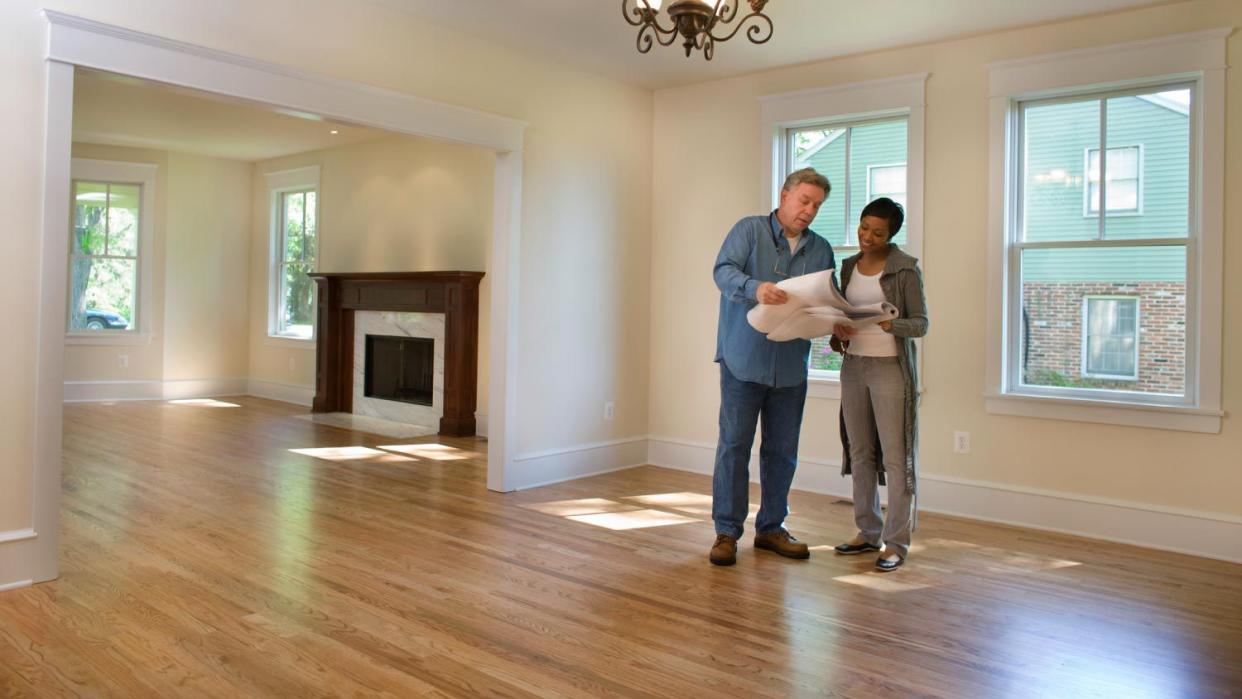
You’ve come this far in the build process—don’t risk costly mistakes. Instead, hire a third-party home inspector to take a look at the progress. They could save you money down the road if small issues turn into big ones.
The same is true for the punch list. Use this checklist to catch any details that might need a touch-up before the deal is final. Tiny problems can turn into a lot of work for you later. You're looking for everything from scratched cabinets to broken light switches. Give yourself plenty of time to find everything you’d like fixed when building a new home. Chances are the builder didn’t realize they existed and will help get them corrected.

Talk with your builder about understanding your home warranty. If they’re hesitant to offer details about your coverage, consider it a red flag, and interview more companies. Most states require home warranty coverage for new construction homes to help owners troubleshoot pop-up problems as the months pass. For example, it might take a while for issues like mold or cracks in the walls from the house settling to appear.
“If you get a home warranty, also pay a general contractor to assess your home systems,” Tschudi says. “Home warranty rules are very stringent, so you want to be sure that your HVAC filters have been replaced, that your HVAC system has been serviced and that any plumbing issues have been addressed. They will only pay for something that breaks between you signing the warranty and the problem—and nothing else.”
One-year warranties are common, but longer time frames exist. Remember to schedule a notification in your phone for a final walk-through for what’s known as an “11th-month inspection” before the warranty expires.
